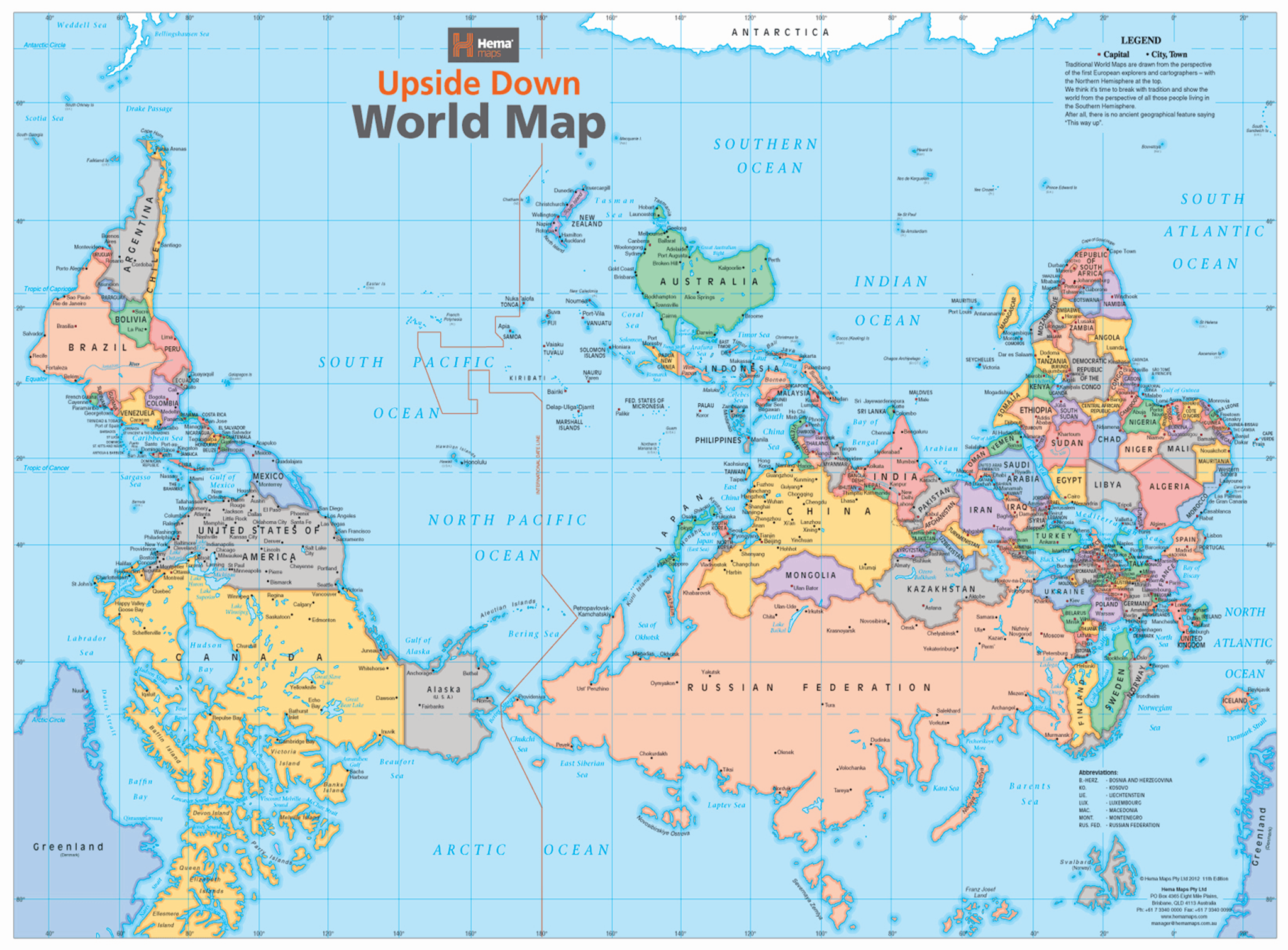Mwaura: The Politics of Communication – A World Upside Down

The Evolution of Human Connection in the Digital Age
In today’s world, the concept of friendship has undergone a significant transformation. While we may have hundreds of "friends" on social media platforms, how many of them are truly real friends? These digital connections often lack the depth and authenticity that traditional friendships once provided. You might find yourself scrolling through updates of people you haven’t seen in years, yet you’re constantly informed about their latest life events. This raises an important question: do these online relationships reflect genuine human connection or just a superficial illusion?
The rise of social media has also created a unique phenomenon where individuals can gain a sense of fame or celebrity status without ever being recognized by the general public. A person could be a prominent influencer among millennials or even baby boomers, yet remain unknown to those outside their specific circles. This contrast highlights how the definition of fame has evolved from mainstream media recognition to online influence.
Moreover, the way we interact in social settings has changed dramatically. In gatherings, it's common to see people engrossed in their phones rather than engaging in meaningful conversations with those around them. This behavior reflects a growing reliance on digital communication over face-to-face interaction, which can lead to a loss of authentic human connection.
The Blurring Lines Between Virtual and Reality
The distinction between virtual and real life is becoming increasingly blurred. People now present different versions of themselves online compared to their true selves. Someone who appears bold and controversial online may be quite humble and shy in real life. Social media platforms allow users to express themselves more directly, often bypassing traditional social norms and etiquette. However, this shift has also led to a situation where real-life interactions are starting to mirror online behaviors, sometimes with negative consequences, especially for the younger generation.
With the widespread use of smartphones, a new generation of young, educated, and unemployed individuals is emerging. These individuals are equipped with technology and access to the internet, allowing them to engage in various forms of online activities. In a world where the line between virtual and reality is not clearly defined, everything can be transformed into content creation. This has led to a confusing era where boundaries are more imaginary than real.
The Impact of Digital Communication
Communication has become borderless, enabling individuals from different parts of the world to influence each other's opinions and ideas. A lawyer in Canada can impact discussions in Nairobi through social media platforms like Twitter. This shift has made it possible for anyone to shape public opinion from afar, a privilege that was once exclusive to international media.
The way people consume information has also changed significantly. In the past, individuals would read newspapers from cover to cover, but today, attention is primarily focused on headlines that circulate widely through platforms like WhatsApp. This shift in reading habits has had a profound effect on how people process information. With the advent of video content, the focus has shifted from reading to watching, making it easier for people to absorb information without the need for extensive reading.
The Consequences of Information Overload
The proliferation of content has led to an overwhelming amount of information. It is estimated that within the next two years, the data generated from online activities will surpass all the data available since the beginning of time. This surge in data has accelerated the development of artificial intelligence, which relies on our collective data from daily activities. As a result, people are experiencing information overload, leading to a reduced attention span and a habit of constant scrolling through their phones without a specific purpose.
This trend is evident in everyday scenarios, such as couples lying in bed, each engrossed in their own devices instead of engaging with each other. Similarly, young mothers may use smartphones to entertain their toddlers, allowing them to multitask on their own devices. While it may seem like we are all interconnected, the reality is that algorithms and the diversity of content sources have fragmented our society further.
The Need for Reflection and Action
This ongoing debate is crucial if we are to preserve the values and principles of a truly prosperous society. The challenges posed by the digital age require careful consideration and action. As we navigate this complex landscape, it is essential to reflect on the impact of technology on our lives and strive to maintain genuine human connections amidst the digital noise.

Comments
Post a Comment